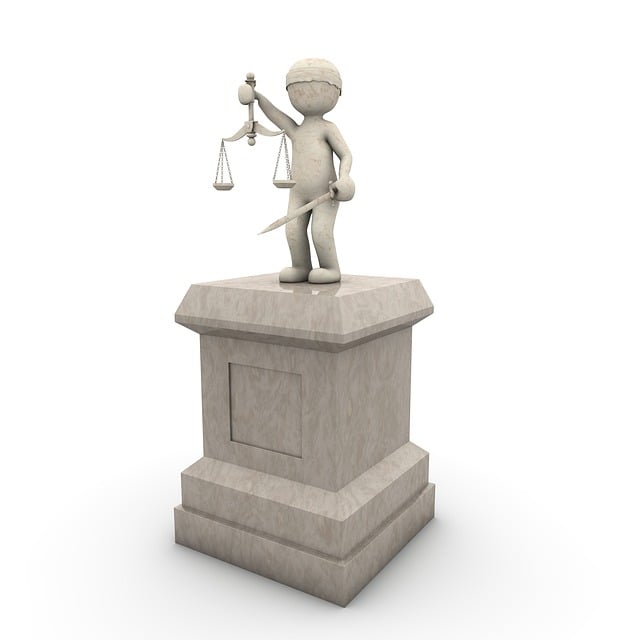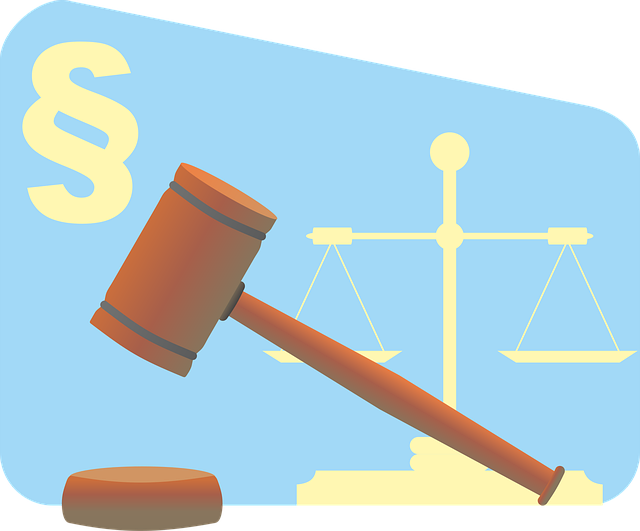Legal Representation in Administrative Hearings is crucial for navigating RF Regulatory Agency investigations. Specialized attorneys guide clients through complex legal and technical aspects, ensuring rights are protected and strategies are robust. From non-compliance examinations to criminal defense, this representation aims to achieve favorable outcomes, upholding standards and safeguarding interests. Early engagement of such counsel is vital for successful administrative processes and avoiding severe penalties.
RF Regulatory Agency investigations can significantly impact businesses operating in the radio frequency (RF) spectrum space. This article delves into the intricacies of these inquiries, focusing on the role of legal representation in administrative hearings. We explore strategies for navigating complex proceedings, preparing for and responding to charges effectively. Understanding the process and leveraging legal expertise can be a game-changer, ensuring compliance and mitigating potential penalties in an ever-evolving RF landscape.
- Understanding RF Regulatory Agency Investigations
- Roles of Legal Representation in Hearings
- Strategies for Navigating Administrative Proceeds
- Preparing for and Responding to Charges
Understanding RF Regulatory Agency Investigations
RF Regulatory Agency Investigations play a crucial role in ensuring compliance with radio frequency (RF) standards and regulations. These investigations are typically initiated when there’s reasonable suspicion or evidence of non-compliance, ranging from equipment emissions to licensing issues. The process involves detailed examinations, data collection, and interviews, often leading to administrative hearings where legal representation is essential.
For both corporate and individual clients, having skilled legal counsel specialized in RF matters can significantly impact the outcome. An experienced attorney can navigate complex regulations, present compelling defenses, and advocate for their clients’ interests. By providing strategic guidance and robust representations, they aim to secure favorable outcomes, including winning challenging defense verdicts and, where applicable, avoiding indictment.
Roles of Legal Representation in Hearings
Legal representation plays a pivotal role in RF Regulatory Agency hearings, offering crucial support to individuals and businesses facing investigations. These proceedings can be complex, involving technical aspects of radiofrequency (RF) technology and regulations. Having legal counsel specialized in administrative law ensures that clients’ rights are protected throughout all stages of the investigative and enforcement process.
The lawyer’s expertise extends beyond navigating the technicalities; they also provide strategic guidance, helping clients understand their obligations and potential consequences. During hearings, legal representatives present arguments, challenge evidence, and advocate for their clients’ interests. This representation is particularly vital in cases involving general criminal defense, where a thorough understanding of RF regulations and their application is essential to crafting an effective defense strategy for the respective business.
Strategies for Navigating Administrative Proceeds
Navigating Administrative Proceeds requires a strategic approach to ensure the best possible outcome for your organization. One crucial aspect is securing competent legal representation in administrative hearings. This step is essential as it provides expertise in interpreting complex regulations and presenting a strong defense. Skilled legal counsel can help craft compelling arguments, gather relevant evidence, and navigate the intricate procedural landscape. By employing this strategy, businesses can effectively challenge allegations and potentially avoid more severe consequences, such as indictments or heavy fines.
Additionally, a proactive approach to legal representation may enhance your chances of winning challenging defense verdicts. Well-prepared legal teams can exploit loopholes, question witness credibility, and present alternative explanations for regulatory non-compliance. This not only increases the likelihood of favorable outcomes but also reduces the risk of lengthy and costly jury trials. Ultimately, having robust legal representation in administrative hearings is a key tool to safeguard your organization’s interests and minimize potential regulatory penalties.
Preparing for and Responding to Charges
When facing RF Regulatory Agency investigations, preparation is key to successfully navigating the process. Businesses should ensure they have thorough documentation in order to demonstrate compliance with all applicable regulations. This includes maintaining records of license holdings, equipment registrations, and any modifications made to radio frequency (RF) devices. Engaging legal counsel specializing in telecommunications law early on can provide invaluable guidance.
An experienced attorney can help clients prepare for administrative hearings by crafting effective responses to the agency’s allegations. For his clients facing charges related to white-collar and economic crimes, having legal representation in these proceedings is essential. This isn’t just about securing a favorable outcome; it’s also about ensuring a thorough understanding of the case against them. A skilled lawyer can advocate for their rights, argue for the complete dismissal of all charges if warranted, and protect their best interests throughout the entire process.
RF Regulatory Agency investigations can be complex and far-reaching, impacting businesses and their operations. As highlighted throughout this article, having robust legal representation during administrative hearings is paramount. By employing strategic navigation of these proceedings, organizations can effectively prepare for and respond to charges, ensuring compliance with RF regulations. Engaging skilled legal professionals who specialize in these matters is key to mitigating risks and achieving favorable outcomes. Remember, understanding the process and leveraging experienced counsel can significantly influence the success of navigating these crucial investigations.






